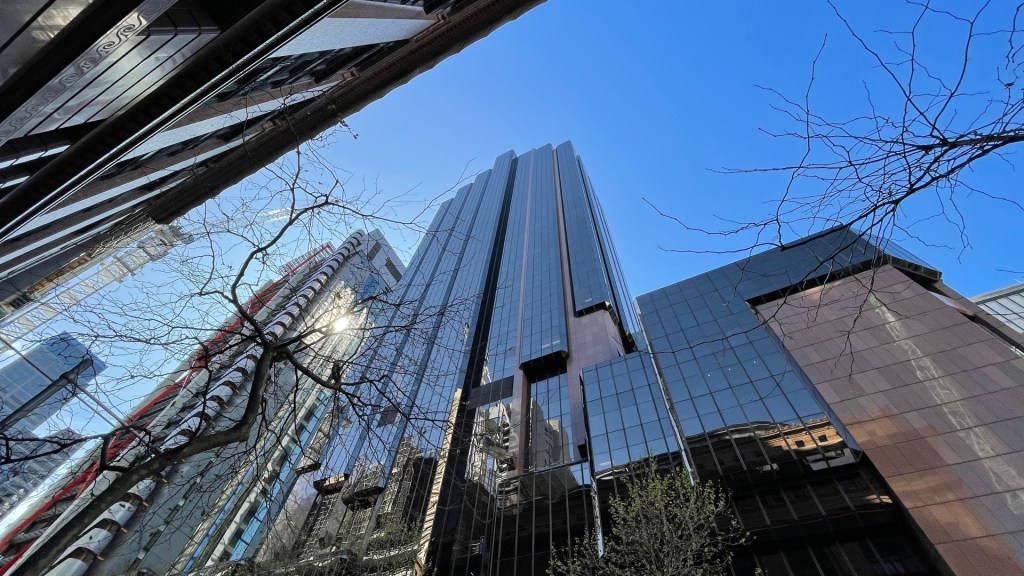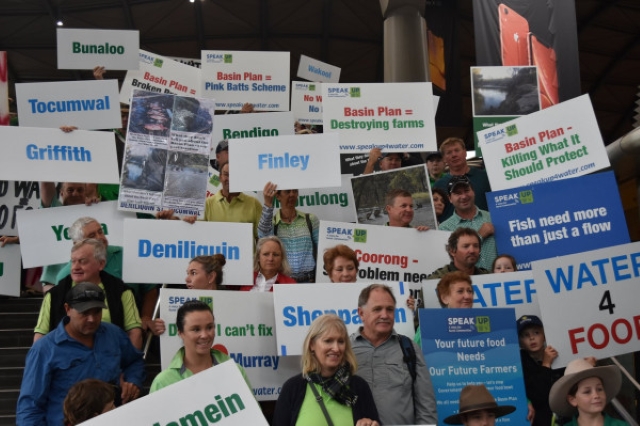
Richard Boyle with his wife Louise Beaston leave the SA District Court in Adelaide, Tuesday, May 27, 2025. (AAP Image/Matt Turner) NO ARCHIVING
Former Australian Tax Office (ATO) employee Richard Boyle has avoided conviction after a lengthy legal process stemming from his whistleblowing activities. Following a raid on his home in Adelaide by officers from the Australian Federal Police (AFP) in 2016, Boyle faced 66 charges related to his claims against the ATO. Recently, he pleaded guilty to four of these charges and received a 12-month good behaviour bond, with no conviction recorded.
Judge Liesl Kudelka acknowledged that Boyle’s actions took place under “extenuating circumstances.” She pointed out that the context surrounding his whistleblowing played a significant role in her decision, highlighting the challenges he faced after exposing what he termed unethical practices within the ATO.
Boyle’s legal issues began in 2017, when he had been a debt collection officer at the ATO for nearly 14 years. During that time, he grew concerned about the agency’s methods for recovering debts, which he believed were not only unfair but also potentially illegal. His decision to come forward as a whistleblower set off a chain of events that would lead to both his legal troubles and calls for reform in whistleblower protections.
Calls for Stronger Whistleblower Protections
The outcome of Boyle’s case has reignited discussions around the adequacy of current whistleblower protection laws in Australia. Advocacy groups and legal experts have emphasized the need for stronger measures to safeguard individuals who expose wrongdoing within organizations. They argue that the existing framework does not sufficiently protect whistleblowers from retaliation, both professionally and personally.
Boyle’s ordeal underscores the risks associated with whistleblowing. After he reported his concerns, he faced significant backlash, including the legal charges that followed the AFP raid. Critics assert that such experiences can deter potential whistleblowers from coming forward, thereby allowing unethical practices to persist unchecked.
In light of these developments, lawmakers and advocacy groups are urging a review of the protections available to whistleblowers. They believe that enhancing these laws could encourage more individuals to report misconduct without fear of legal repercussions or personal harm.
The case has drawn attention not only in Australia but also internationally, as it reflects broader issues regarding transparency and accountability within government agencies. Experts suggest that reforming whistleblower laws could serve as a model for other nations grappling with similar challenges.
Boyle’s story is not just about the legal ramifications of his actions but also about the moral imperative to stand against unethical practices. His experience raises critical questions about the responsibilities of public servants and the importance of safeguarding those who expose corruption.
As discussions continue regarding the future of whistleblower protections in Australia, Richard Boyle’s case will likely serve as a pivotal example in the ongoing dialogue about ethics, accountability, and the balance between government authority and individual rights.






